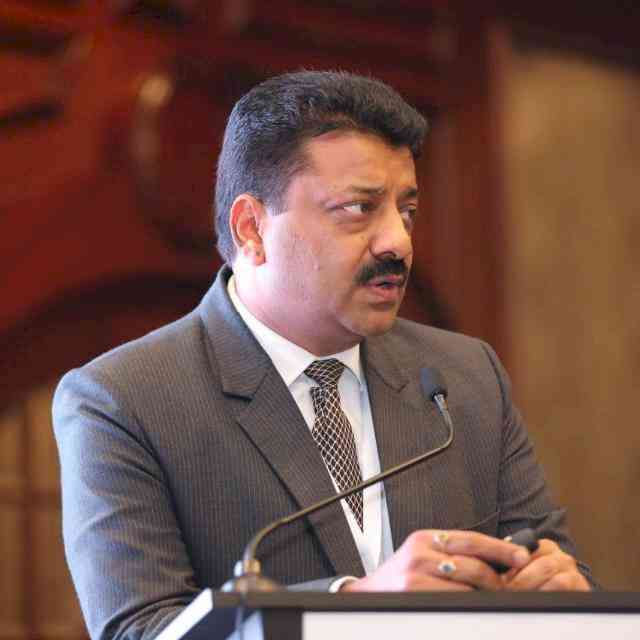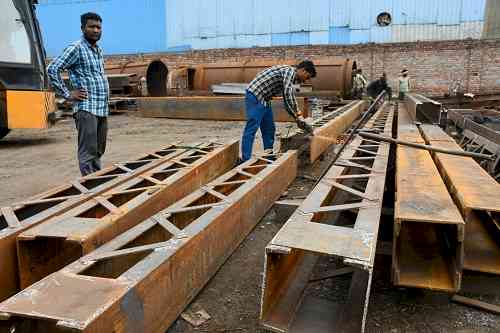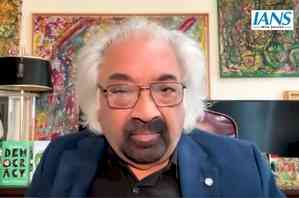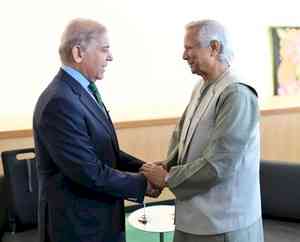Kidney stone cases on rise in Punjab
Courtesy spicy and oily foods, says expert
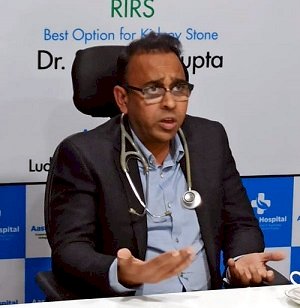
Ludhiana: “After 40-yr, the 15 people out of 100 develop some kind of kidney stones due to spicy and oily foods used in North India in general and in Punjab particular. Out of these, roughly 50% require surgery for the same.”
Addressing a press conference, Dr. Sanjeev K Gupta chief urologist and kidney transplant surgeon at Aastha Hospital here said on Thursday that what is more alarming is that once a stone is detected, people employ all sorts of unscientific methods which often result in damaging kidneys permanently, he asserted.
Now as science has evolved, the surgery for kidney stone removal has become very simple, less time consuming and safe. We do 90% of our surgeries today by what is known as retrograde intrarenal surgery (RIRS).
Talking about RIRS, Dr. Sanjeev said that it is a procedure for doing surgery within the kidney using a viewing tube called a fiber-optic endoscope. In RIRS the scope is placed through the urethra (the urinary opening) into the bladder and then through the ureter into the urine-collecting part of the kidney. The scope thus is moved retrograde (up the urinary tract system) to within the kidney (intrarenal), he asserted.
RIRS may be done to remove a stone. The stone is seen through the scope and crushed & amp; removed through advanced laser technology. RIRS is performed by a specialist, an urologist (endourologist) with special expertise in RIRS. The procedure is usually done under general or spinal anesthesia, informed Dr Sanjeev.
The advantages of RIRS include quicker solution of problem, elimination of prolonged pain after surgery and much faster recovery with one day hospital stay returning to normal activity in 4 to 6 days’ time, he remarked.
Also, since there is no open surgery, there are no wounds that require constant care and the chances of infection are almost zero, he maintained.
At Aastha, we have a very senior nephrologist, Dr. Neena Gupta . We have also most advanced technology and equipment for doing RIRS – the one any only, ‘chip on tip’ flexible video ureteroscope and 100 watts laser technology available that gives the best results in the region, Dr Sanjeev informed.



 cityairnews
cityairnews 
